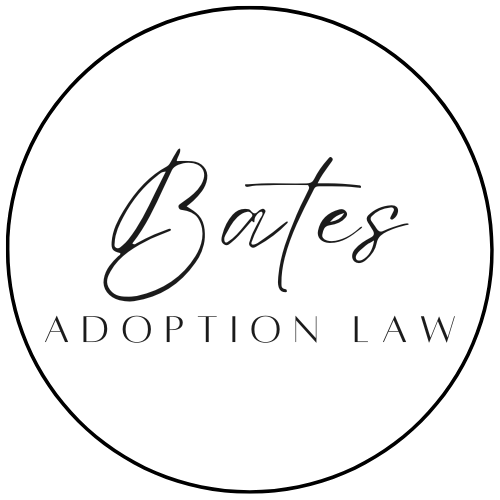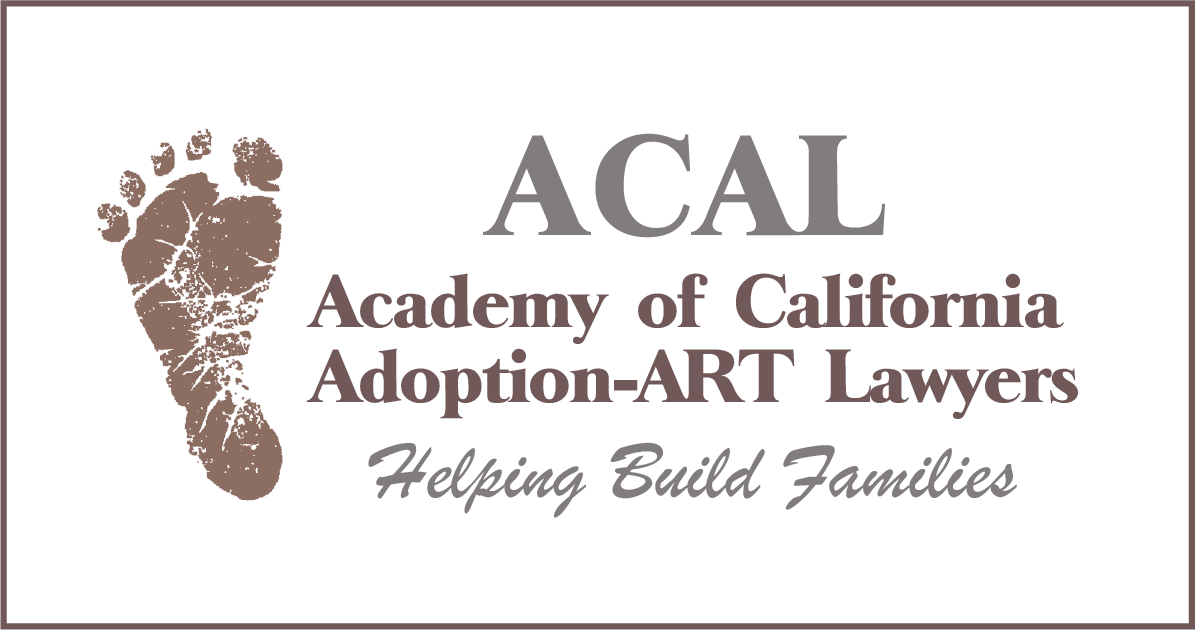Adult Adoption in California: Frequently Asked Questions (FAQ) and Complete Guide
Adult adoption in California is a meaningful way to legally recognize a long-standing parent-child relationship, secure inheritance rights, and strengthen family bonds. Whether you’re considering adopting an adult child, formalizing a stepparent relationship, or exploring multi-parent recognition, this guide answers the most common questions about adult adoption in California.
What Is Adult Adoption in California?
Adult adoption is the legal process where a person who is 18 years or older is adopted by another adult. After the adoption is finalized, the adoptive parent and adoptee share the same legal parent-child relationship as biological family members, including inheritance rights, parental recognition, and certain access rights.
This process is often simpler than minor adoption because it involves no home study, no investigation, and minimal court involvement.
Why Do People Choose Adult Adoption?
Families pursue adult adoption in California for many emotional and practical reasons:
To legally recognize a parent-child bond that has existed for years
To formalize long-term stepparent relationships
To protect inheritance rights and estate planning
To align last names or family identity
To reconnect with a biological parent
To solidify chosen family relationships
Do Both the Adopting Parent and the Adult Adoptee Need to Consent?
Yes. Written consent is required from:
The adopting parent(s)
The adult adoptee
The spouse or domestic partner of the adopting parent (if applicable)
The spouse or domestic partner of the adoptee (if applicable)
Consent is the foundation of adult adoption and ensures all parties agree to create a legally binding parent-child relationship.
Do Biological Parents Need to Consent?
No. Biological parents do not need to consent to an adult adoption in California. Generally, they are not given notice of the adoption either.
Does Adult Adoption Terminate the Adoptee’s Existing Parent-Child Relationship?
Usually, yes. California’s default rule is that adoption terminates the existing legal parent-child relationship and replaces it with the new one.
However, California allows something unique: a waiver of the termination of parental rights.
This means:
The adult adoptee may keep their legal relationship with their existing parent(s)
The adoption simply adds another legal parent
The adoptee may end up with three or more legal parents
This multi-parent option is useful in:
Stepparent adoptions where the adoptee wants to keep legal ties with both biological parents
Blended families
Families with strong emotional bonds across multiple parental figures
California is one of the few states that explicitly permits multi-parent recognition in adult adoptions.
Can a Stepparent Adopt an Adult Stepchild?
Absolutely. Stepparent adult adoption is one of the most common types of adult adoption in California. It is often chosen when a stepparent has filled the parental role for many years and wishes to formalize the relationship legally.
Does California Have Residency Requirements for Adult Adoption?
Yes. At least one of the following must be true:
The adopting parent is a California resident
The adult adoptee is a California resident
The adoption falls under the jurisdiction of a California court
Most families file in the county where either party lives.
Is a Home Study Required for Adult Adoption?
No. California does not require:
Home studies
Background checks
Social worker visits
Investigations
This is one of the reasons adult adoption is significantly faster than minor adoption.
Is a Court Hearing Required?
Yes, but the hearing is usually short, informal, and celebratory.
The judge may ask basic questions about the relationship and confirm consent before signing the adoption order.
Can the Adoptee Change Their Name During the Adoption?
Yes. Name changes can be included in the adoption order at no additional filing or process cost.
Can an Adult Adoptee Get a New Birth Certificate After the Adoption?
Yes. After an adult adoption is finalized in California, the adoptee is typically eligible to receive a new, amended birth certificate issued by vital records. This amended birth certificate replaces the original and reflects the new legal parent-child relationship created through adoption.
The amended birth certificate may include:
The adoptive parent’s name(s)
The adoptee’s new legal name (if a name change was included in the adoption order)
Updated parental information in place of (or in addition to, if a multi-parent adoption waiver was approved) the previous parent(s)
The original birth certificate is then sealed and replaced with the amended version. It is not destroyed but typically can only be accessed by court order.
Is an Adult Adoptee Required to Get a New Birth Certificate After the Adoption?
No. Some adoptees prefer to keep their original documentation and do not request an amended certificate. The new birth certificate is optional and not a required step.
Does Adult Adoption Create Immigration Benefits?
No. Under U.S. immigration law, adult adoption does not create immigration rights or pathways. Only relationships formed before age 16 qualify for immigration-based petitions.
How Long Does Adult Adoption Take in California?
Most adult adoptions take 1-2 months depending on county processing times and court availability.
How Much Does Adult Adoption Cost?
Bates Adoption Law offers flat-fee pricing for adult adoptions, which varies depending on how many adults are being adopted in the family. In addition to attorneys fees, there is a nominal court filing fee of $20. Please contact our office for a specific quote for your family.
Final Thoughts: Is Adult Adoption Right for Your Family?
Adult adoption in California is a powerful and straightforward way to create legal clarity, honor long-term relationships, and strengthen family identity. They are some of our favorite adoption cases to handle because of the meaningfulness to all parties.Whether you’re formalizing a stepparent bond, preserving multiple parent-child relationships through a waiver of parental rights termination, or affirming a chosen family connection, adult adoption offers a legally secure path forward.
If you have questions about adult adoptions in California, please contact our office any time.

